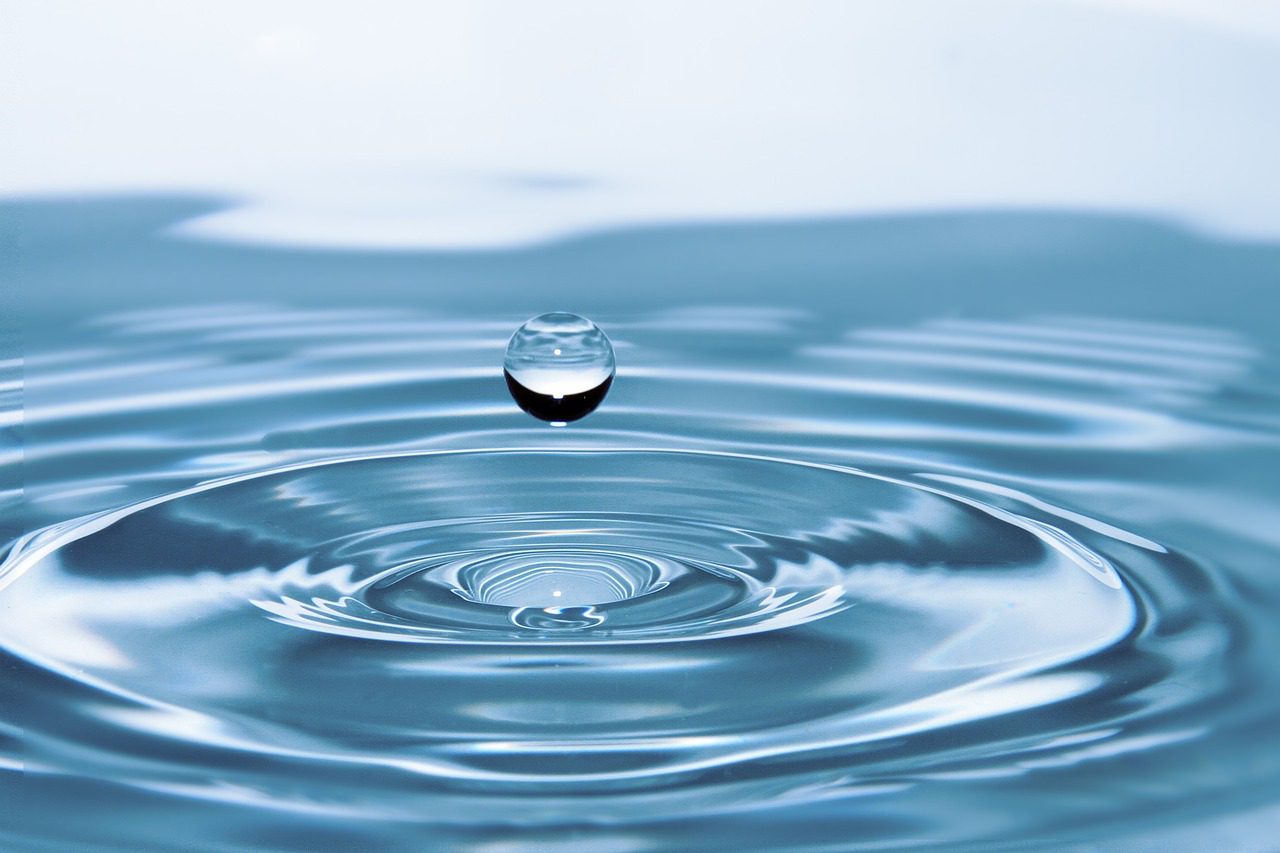September 20, 2023 — Enhancements to the Clean Water Act have been announced to strengthen infrastructure and development projects while safeguarding vital water resources. On September 14, 2023, the U.S. Environmental Protection Agency (EPA) introduced its final rule designed to reinvigorate the core authority that Congress initially granted to states, territories, and Tribes. This authority emphasizes safeguarding water resources crucial for the well-being of communities and the environment. The new provisions in the Clean Water Act Section 401 Water Quality Certification Improvement Rule aim to streamline the review process for critical infrastructure and development projects that are essential for economic expansion.
designed to reinvigorate the core authority that Congress initially granted to states, territories, and Tribes. This authority emphasizes safeguarding water resources crucial for the well-being of communities and the environment. The new provisions in the Clean Water Act Section 401 Water Quality Certification Improvement Rule aim to streamline the review process for critical infrastructure and development projects that are essential for economic expansion.
Biden Administration’s Stance on State and Tribal Authority Departs from Trump Policy.
In a notable move, the Biden administration is empowering states and Tribes by allowing them a more significant say on specific projects, such as pipelines, which might affect their water quality. This change counters the previous limitations set during the Trump era and places more authority back into state and tribal hands. The revised rule now permits states and Tribes to evaluate any potential water quality impact from a project, enabling them to make informed decisions on whether to greenlight or block it.
EPA Administrator Michael S. Regan remarked on the significance of this change, stating, “The Biden-Harris Administration is committed to supporting economically secure, healthy, and sustainable communities. To achieve this goal, we must protect our water resources while also making investments that move our nation forward. With EPA’s final Clean Water Act Section 401 rule, we are affirming the authority of states, territories, and Tribes to protect precious water resources while advancing federally permitted projects in a transparent, timely, and predictable way.”
remarked on the significance of this change, stating, “The Biden-Harris Administration is committed to supporting economically secure, healthy, and sustainable communities. To achieve this goal, we must protect our water resources while also making investments that move our nation forward. With EPA’s final Clean Water Act Section 401 rule, we are affirming the authority of states, territories, and Tribes to protect precious water resources while advancing federally permitted projects in a transparent, timely, and predictable way.”
Details of the New Rule.
In its press release, the EPA states that for half a century, the Clean Water Act has served as a protective barrier for essential water resources, ensuring that ecosystems flourish and communities prosper. This newly announced rule fortifies this legacy and underscores the symbiotic relationship between the federal government, states, territories, and Tribes in the realm of water protection.
Clean Water Act Section 401 grants states, territories, and authorized Tribes the ability to maintain water quality against the potential adverse impacts from federal projects. This rule adjustment offers a clearer, more efficient review mechanism, setting both a 6-month default timeframe and a 1-year maximum for certification reviews. To prevent unnecessary hold-ups, the rule introduces a straightforward method to detail the needed components in a certification request.
The official Federal Register notice and additional resources are available at the EPA’s CWA Section 401 website .
.
Background.
Executive Order 13990 on Protecting Public Health and the Environment and Restoring Science to Tackle the Climate Crisis directed EPA to review and, as appropriate and consistent with applicable law, take action to revise or replace the 2020 CWA Section 401 Certification Rule. On June 2, 2022, EPA announced the signing of a proposed rule to update the regulatory requirements for water quality certification under Clean Water Act Section 401 . EPA conducted pre-proposal engagement and provided a 60-day public comment period on the proposed rule to help inform the content of the final rule.
. EPA conducted pre-proposal engagement and provided a 60-day public comment period on the proposed rule to help inform the content of the final rule.


Leave a Reply